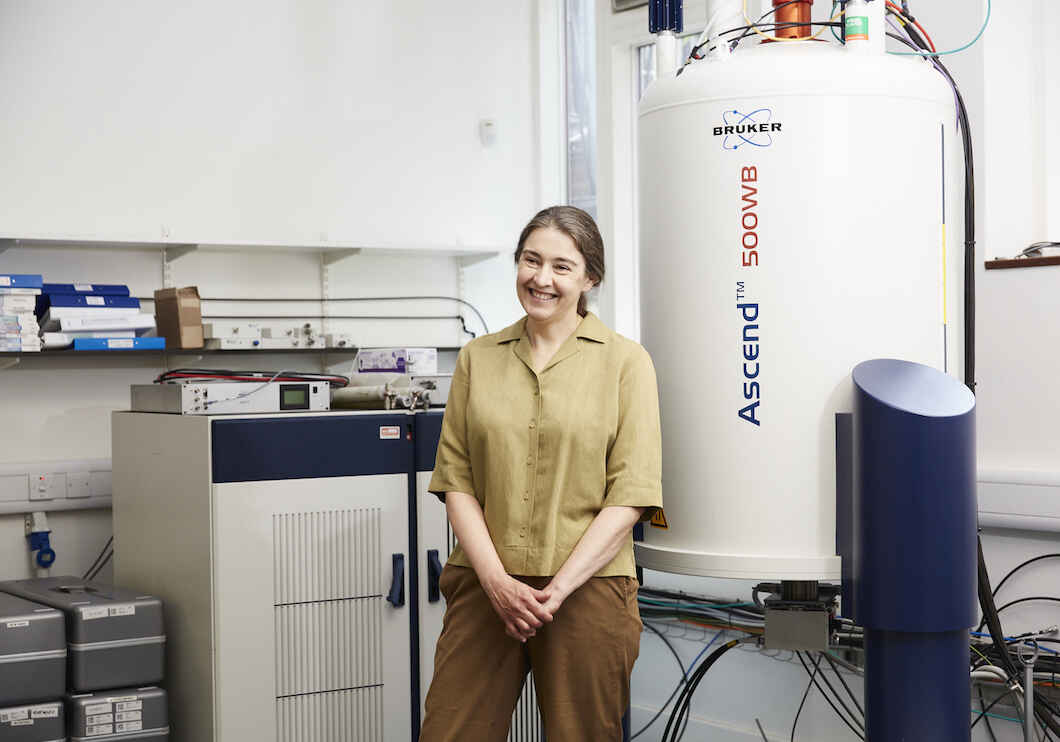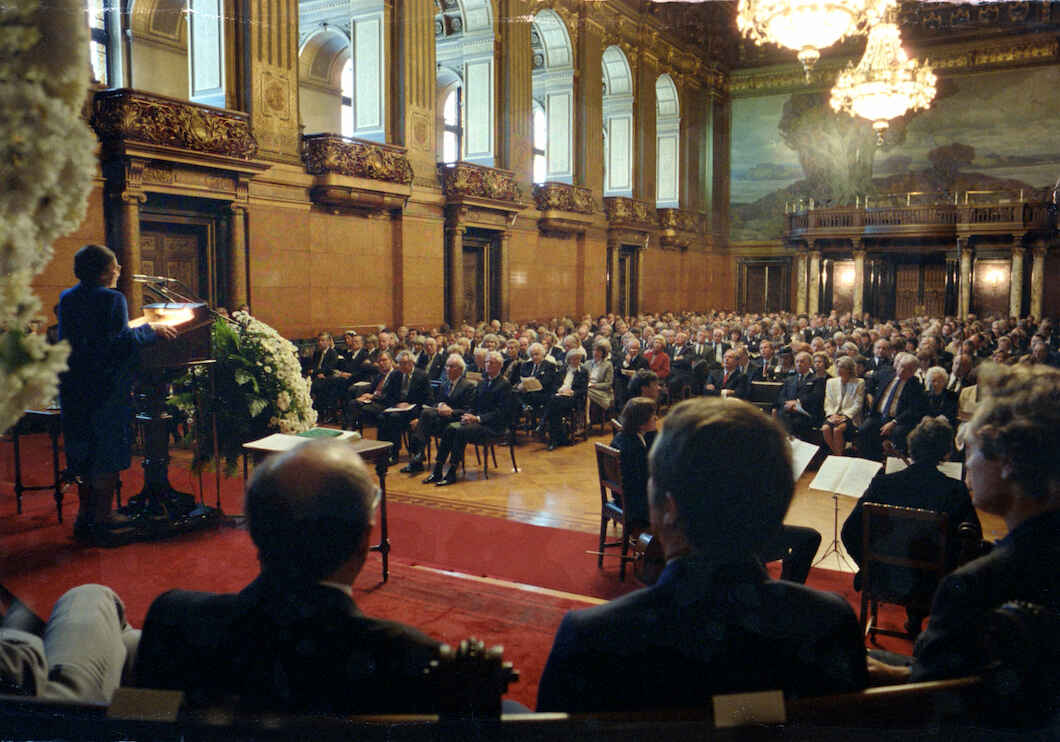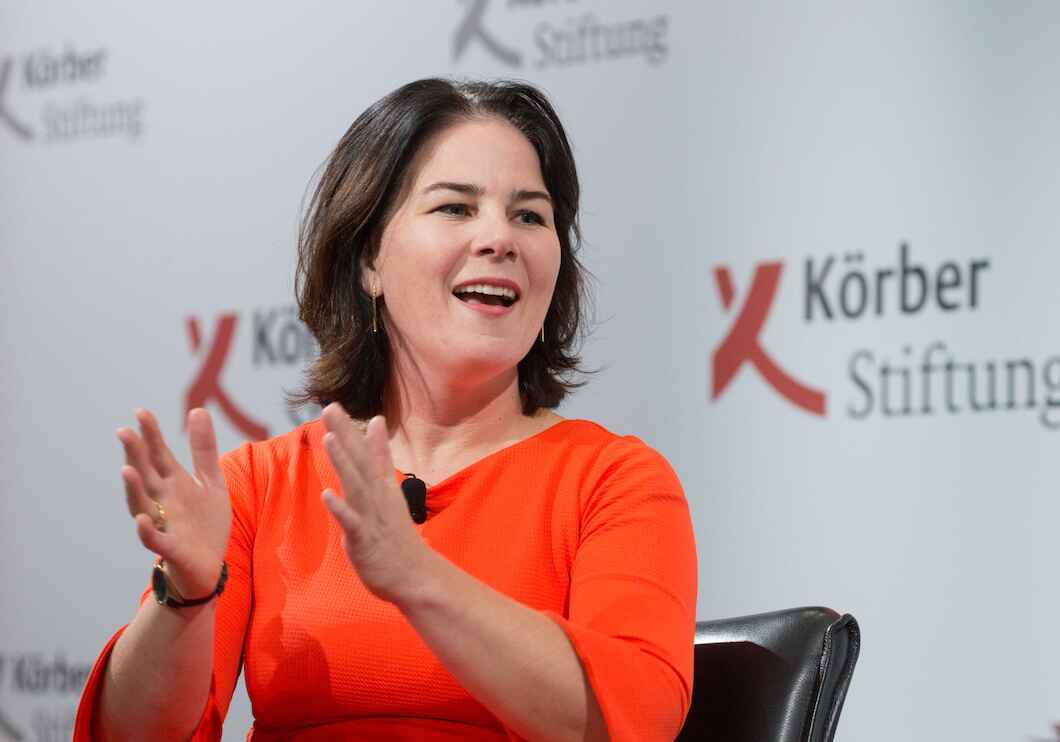Körber European Science Prize
Awarded annually, the Körber European Science Prize honours a distinguished scientist actively conducting research in the fields of either Life Sciences or Physical Sciences in Europe. With prize money totalling €1,000,000, we strive to support outstanding scientists in their endeavours and promote innovative research with future promise.
Erin Schuman is awarded the Körber European Science Prize 2024
Congratulations to Erin Schuman on winning the Körber Prize 2024. The American neuroscientist is a pioneer in the field of brain cell biology. Schuman’s ideas have revolutionised our understanding of how the billions of neurons in the human brain synthesise the proteins needed to communicate, regulate brain function and consolidate memories. Building on these discoveries, she now plans to investigate disease-related changes that occur at the junctions between neurons, called synapses. This could lead to new ways of treating brain disorders such as Fragile X syndrome and Huntington’s disease.
About the Körber Prize
In 1984, our founder Kurt A. Körber established the Körber European Science Prize to honor scientific excellence in Europe. Kurt Körber’s initial idea was to support scientists in the realisation of forward-looking ideas. Only projects that promised "a significant contribution to the improvement of living conditions on our planet" were to be honored. For almost forty years now, the Search Committees and the Trustee Committee have sought to live up to this claim when selecting Körber Prize winners.
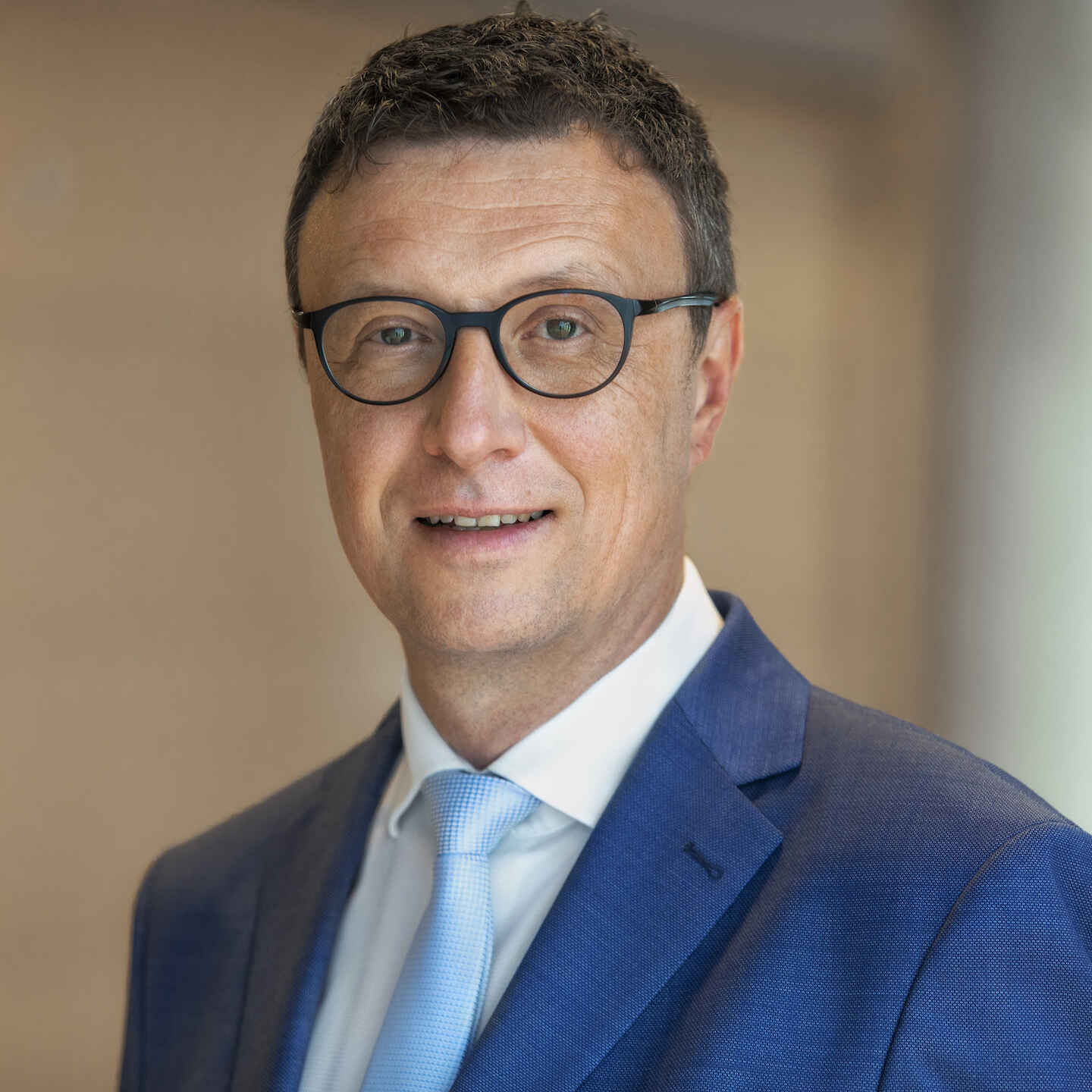
„With this prize, Kurt Körber wanted to highlight and combine two particular concerns: Firstly, the role of excellent science for our society and, secondly, the quest for a united, peaceful Europe. This gives the prize a very special dignity. In the troubled times in which we find ourselves today, this dignity is more than an inspiring reminder. It is a real incentive to work for Europe – and science has much to contribute.“
Prof. Dr. Patrick Cramer
With the Körber Prize, Kurt A. Körber also pursued a political objective. When the prize was established in the 1980s, one of its aims was to use science to make the then still existing Iron Curtain between Eastern and Western Europe more permeable. In the first few years, the prize was awarded to research groups, but since 2005 it has been awarded to outstanding individuals conducting research at a European institution.
We are convinced that investing in fundamental research in Europe is more important than ever to keep up with the global competition for the best minds and ideas.
"It was important to the founder to emphasise three ideas: Germany, Europe and the future. The prize was intended to promote research in Europe."
Reimar Lüst
First Chairman of the Körber Prize Trustee Committee between 1984 - 1996
Contact

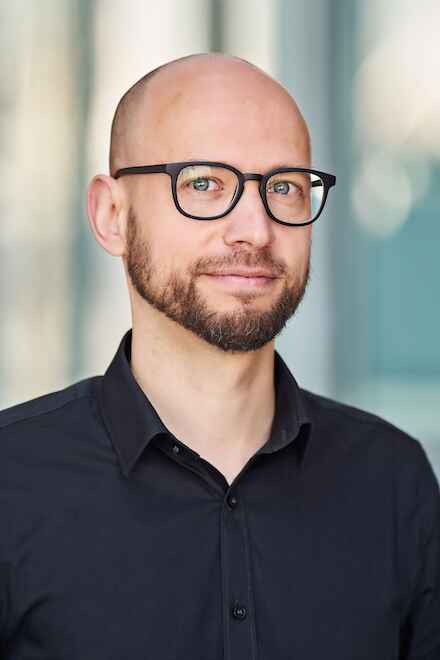
Dr. Markus Dressel
Hamburg Science Summit, Körber European Science Prize

Franziska Heese
Hamburg Science Summit, Körber European Science Prize
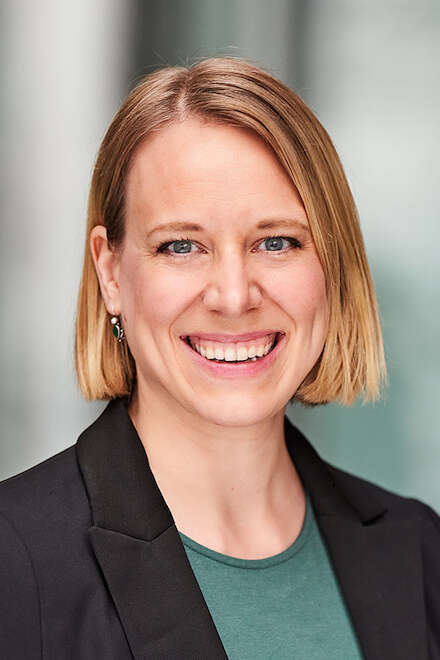
Charlotte Worbes (parental leave)
Körber European Science Prize, Global University Leaders Council Hamburg

